Baylor health research spans schools and colleges across the University as we focus on environmental determinants of health, family and community determinants of health; biomedical research; health policy, law, leadership and ethics; and undergraduate health and medical education. Learn more about Baylor health research.
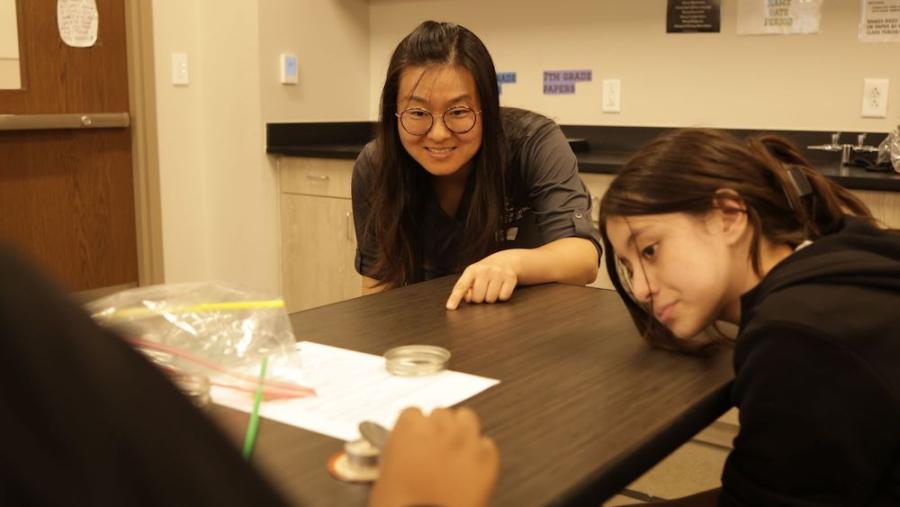
Innovative research project from Yang Li, Ph.D., will study wildfire smoke while leveraging remote sensing observations in multi-scale modeling and receive funding from NASA’s Early Career Investigator Program in Earth Science.
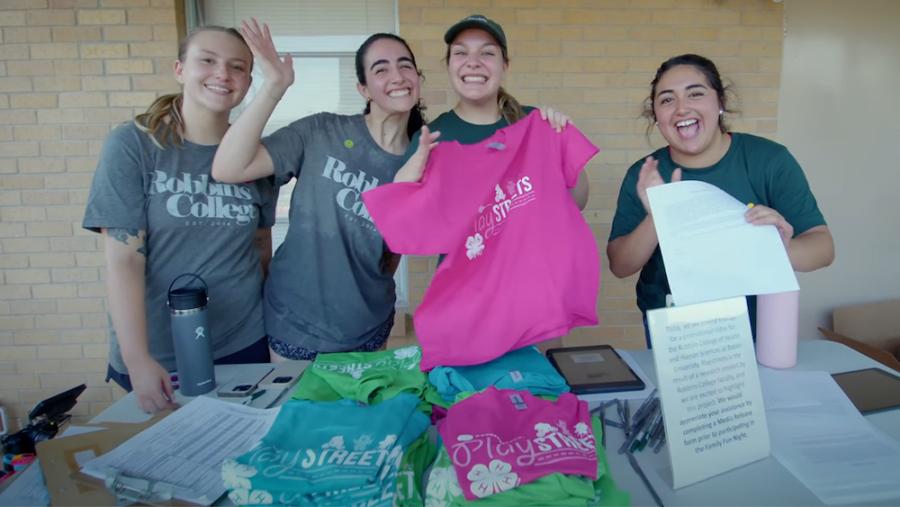
Baylor public health professor Renée Umstattd Meyer is writing the book on "Play Streets" to serve children in urban and rural communities.
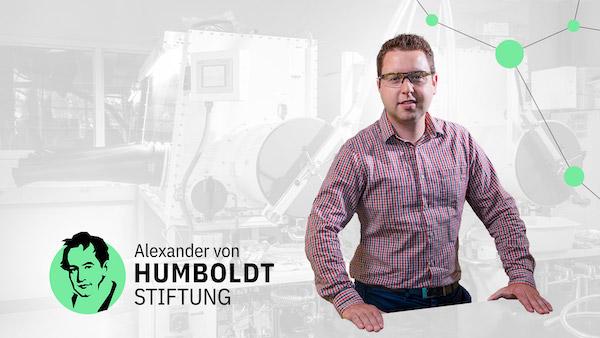
Caleb D. Martin, Ph.D., is the first professor from Baylor to receive the honor of being a “Humboldtian.”
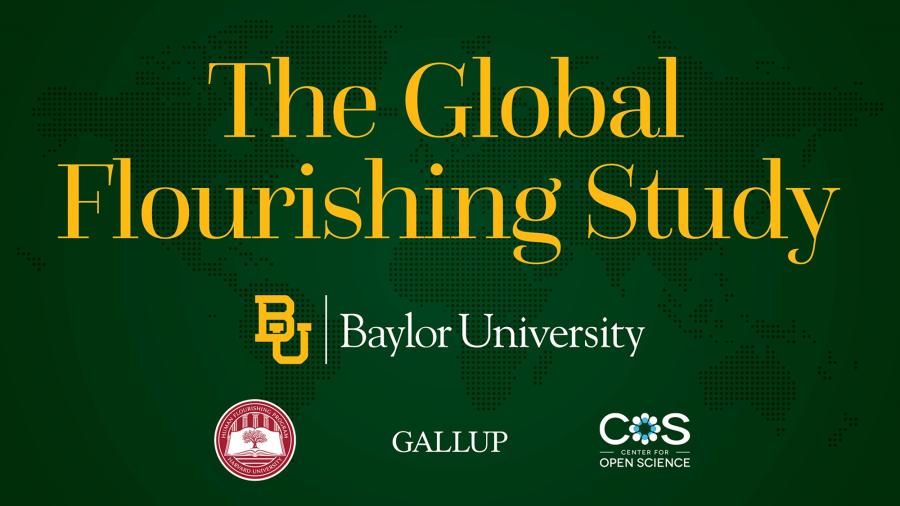
First wave of data, collected from more than 200,000 individuals in over 20 countries, now available through partnership with Center for Open Science.
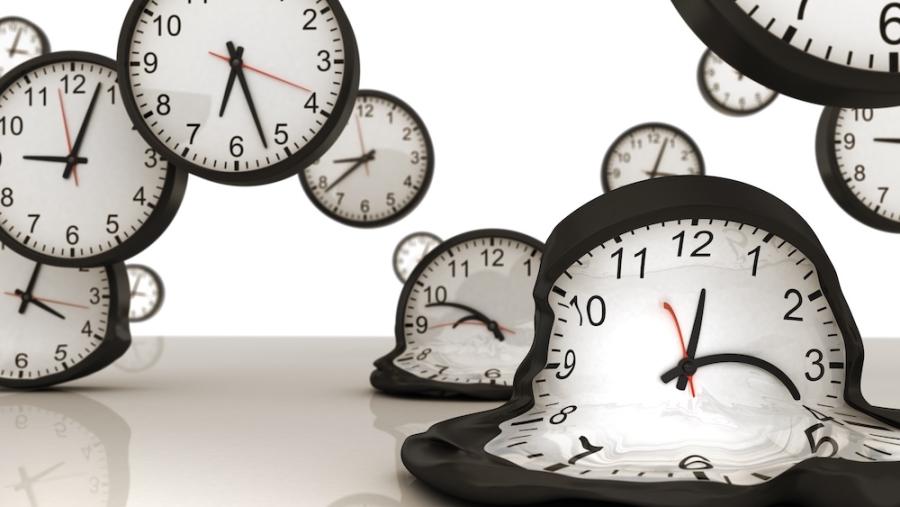
National Gallup data showed Americans experienced multifaceted time disorientation that heightened COVID-19 stressors and lessened our mental state.
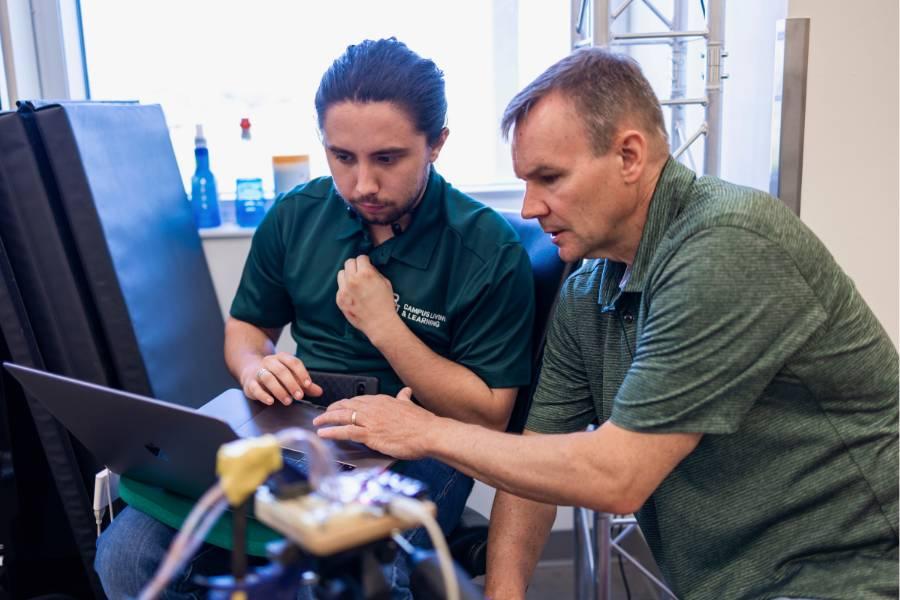
Initial findings indicate Baylor researcher’s mechanical horse therapy invention reduces fall risk among seniors.
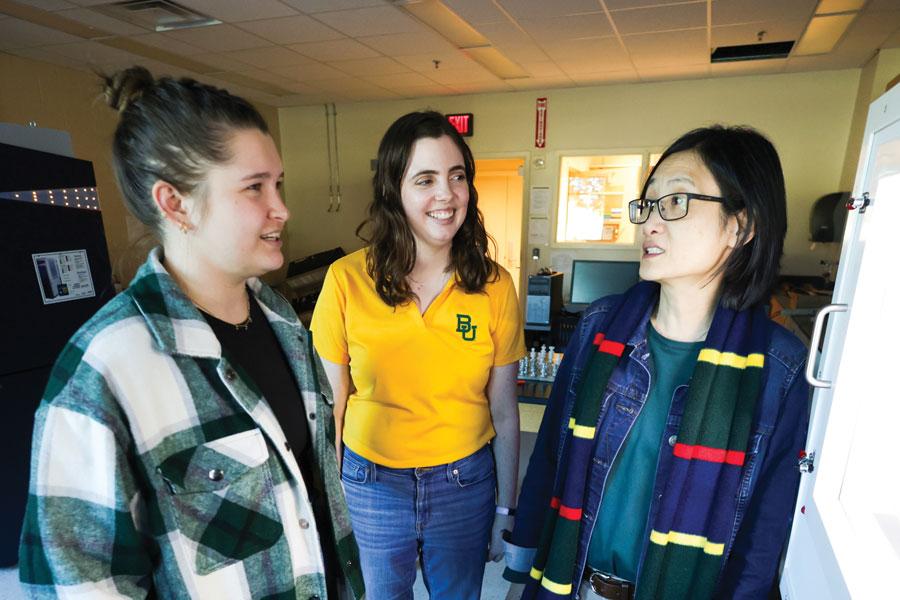
Baylor professors and students discuss mentorship in the Baylor Graduate School.
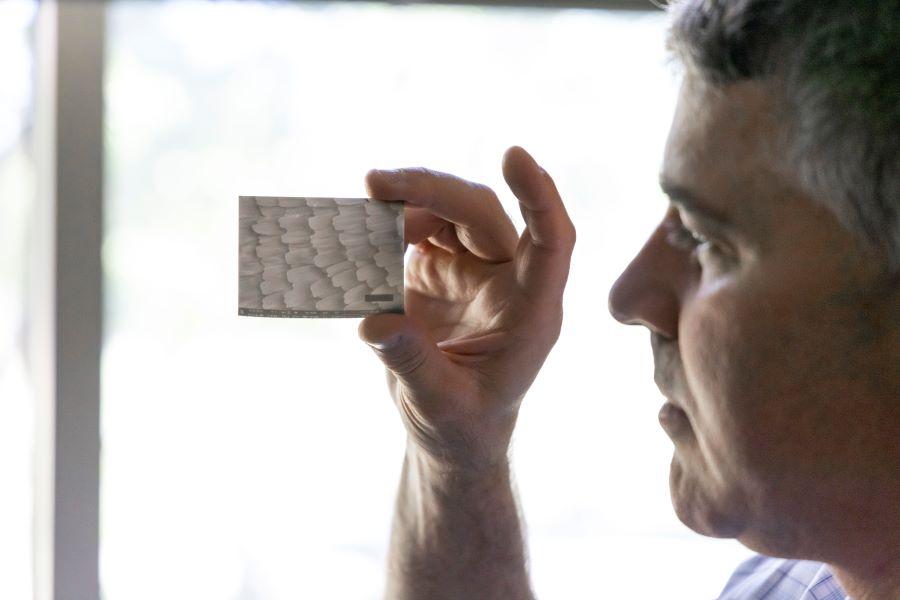
Science Advances cover story highlights how chemistry professor Bryan F. Shaw, Ph.D., and team of researchers are advancing efforts to make science accessible to individuals with blindness or low vision